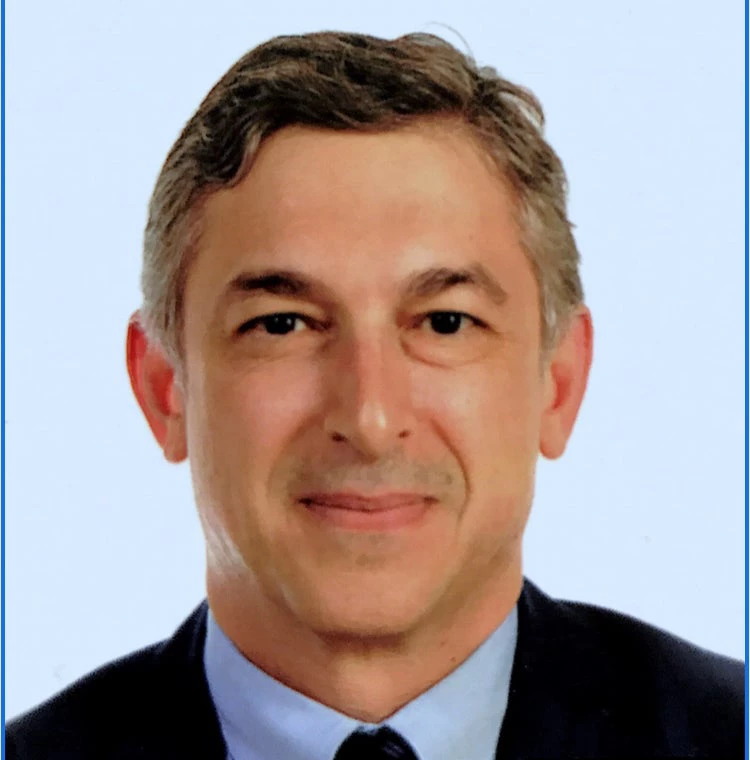 In early April 2012, the Jenin Joint Services Council for Solid Waste Management established a Facebook Page called “Flower Cup” from the Arabic
Zahrat Al-Finjan, a flower commonly found around the sanitary landfill area in Jenin, West Bank. The goal of this Facebook Page was for the Jenin Council to reach out to the Northern West Bank community members to raise awareness about the
Zahrat Al-Finjan sanitary landfill, in operation since 2007 and constructed with support from the World Bank and the European Union.
In early April 2012, the Jenin Joint Services Council for Solid Waste Management established a Facebook Page called “Flower Cup” from the Arabic
Zahrat Al-Finjan, a flower commonly found around the sanitary landfill area in Jenin, West Bank. The goal of this Facebook Page was for the Jenin Council to reach out to the Northern West Bank community members to raise awareness about the
Zahrat Al-Finjan sanitary landfill, in operation since 2007 and constructed with support from the World Bank and the European Union.
Within five weeks of its establishment, over 8,300 visitors had accessed/posted a comment on the Facebook Page. Now the question is: who is writing in and why the interest in solid waste management? This is an especially interesting question in view of the fact that the majority of viewers and commentators are Palestinian youth. The Executive Director of the Jenin Joint Council, Mr. Hani Shawahne believes that the key features of the Jenin Solid Waste Management Project are that it was conceived and successfully implemented under extremely fragile political and socio-economic circumstances.
For many of the visitors and bloggers, who are too young to remember the days of open waste dumping and burning only ten years ago, the Facebook page has become a forum for looking at what must seem like “vintage” photos of poor waste management, and to learn about current international standard practices. The young visitors and bloggers are not shy about commenting on neighborhood practices that are less than hygienic, and they have plenty of concrete suggestions for improvement.
Having worked extensively in the solid waste management field over the past years supporting various projects, and as a full time resident of the West Bank, I can say that the progress in this sector has been truly remarkable. For instance, in Jenin governorate alone, 85 dumpsites were closed and rehabilitated with Bank funding, eliminating the uncontrolled burning of waste, damage to fertile land, and the pollution of air and ground water. Today, the Zahrat Al-Finjan sanitary landfill has expanded its services to cover the entire Northern West Bank, tripling the client population (from 200,000 - 600,000) and making significant progress toward financial sustainability by increasing revenues. . This expansion has attracted the interest of the private sector who have partnered with the Jenin Council to invest in waste recovery schemes, including recycling and composting.
This seemingly mundane sector continues to be a source of innovation. Public-Private Sector Partnerships are thriving despite the tenuous political context. Similar initiatives have been launched in the Southern West Bank. The Joint Services Council (JSC) for Hebron and Bethlehem has sought financing to manage their own expansion of solid waste services and to attract investors from the private sector. The World Bank is supporting the efforts to develop the same kind of model that has been so successful in Jenin, and the JSC signed a financing agreement with the IFC last December. Preparations are also underway to launch a Facebook page. As they say; imitation is the highest form of flattery.


Join the Conversation